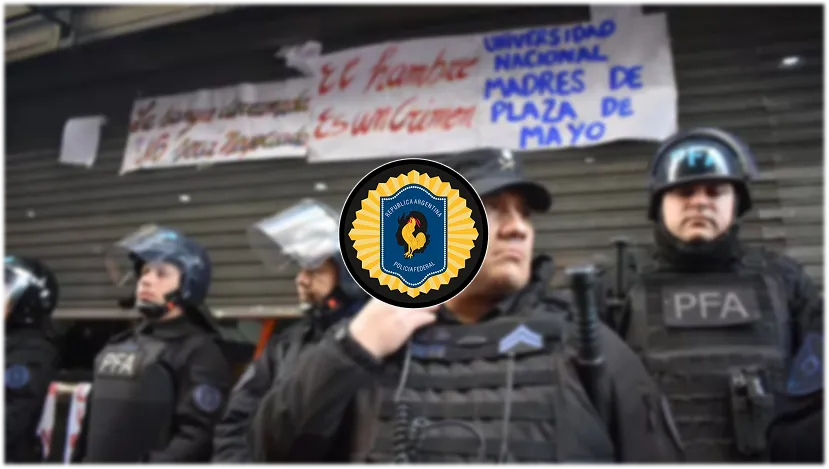Argentina’s federal police dismantled a major illegal online casino network in Mar del Plata last week. Officers arrested two people and hit ten locations across the coastal city.
The Policía Federal Argentina led the raids under Federal Court No. 3. Judge Santiago Inchausti and Prosecutor Laura Mazzaferri directed the operation. Two suspects remain at large, believed to be hiding in Uruguay and Paraguay.
The network operated from Mar del Plata, including properties in the private Rumencó residential complex. Investigators say the group ran multiple unlicensed casino platforms targeting Argentine players.
Why This Operation Matters for Regional Gaming
The bust shows Argentina’s growing enforcement against illegal online gambling. Police started investigating in July 2024 after tracking suspicious financial activity.
Officers found a two-stage money laundering system. First, the group collected gambling revenue through their illegal sites. Then they moved funds through accounts opened under fake names. These “financial mules” helped hide where the money came from and where it went.
The investigation involved the PFA’s Anti-Money Laundering and Narcotics Financing Unit. This signals authorities now treat illegal gambling as a serious financial crime, not just a regulatory issue.
What Police Found During the Raids
The seizures paint a picture of a profitable operation. Officers confiscated approximately ARS 2.8 million ($1,900) and $174,460 in US dollars. They also found Brazilian reais, Uruguayan pesos and Paraguayan pesos.
Seven luxury cars got impounded. The fleet included an Audi S4 and several BMW models. Police also took four high-performance motorcycles and two ATVs.
Digital evidence filled 30 mobile phones and 11 computers. Officers seized one firearm and boxes of documents. The haul suggests years of operations and careful record-keeping.
How This Affects Latin American iGaming Markets
Argentina faces challenges regulating cross-border online gambling. Legal operators compete against unlicensed sites that don’t pay taxes or follow player protection rules.
The suspects face charges including illegal association, unauthorised gambling operations and customs code violations. International arrest warrants are pending for the two who fled.
The case highlights why Latin American countries need better cooperation on gaming enforcement. Criminals easily move operations across borders when one jurisdiction cracks down. Legal iGaming operators in the region may benefit from reduced illegal competition, but they’ll also face increased scrutiny from regulators watching for similar patterns.







